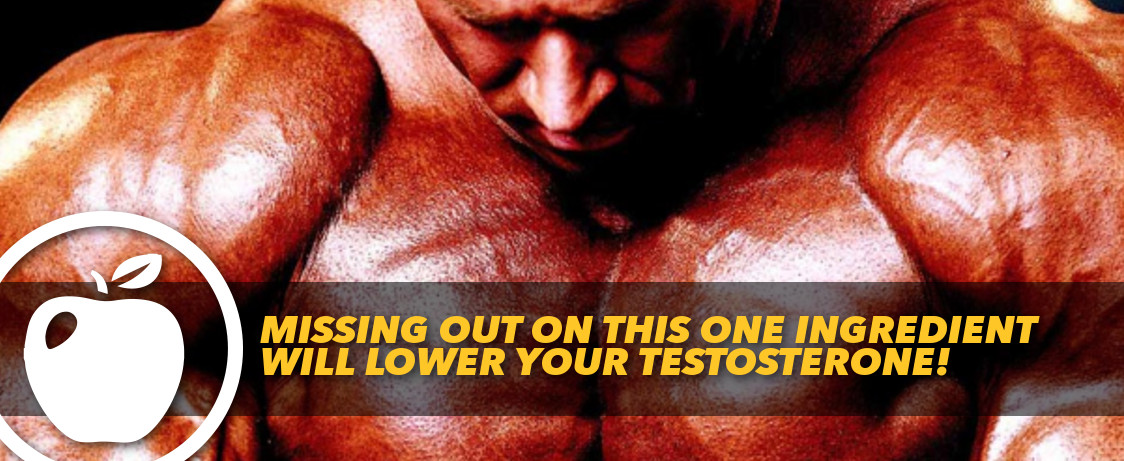Don’t miss out.
Several studies have shown that the mineral magnesium is necessary for anabolic hormones production such as IGF-1 and testosterone. Magnesium exerts an important role in cellular functions in the cardiac and nervous system; there is supporting evidence that low magnesium levels are associated with muscle weakness, low anabolic hormones, and cardiovascular disease.
In a large-scale study of men, those that ate high protein and high magnesium had higher levels of testosterone and IGF-1 levels. Researchers from Italy selected 455 men and examine the relationship between their serum magnesium intake and their testosterone and IGF-1 levels. The data came back conclusive: higher testosterone and IGF-1 levels were associated with the higher blood magnesium levels. So the big question is: How does magnesium influence testosterone and IGF-1 levels? The researchers suspected that magnesium lowers oxidative stress or the production of free radicals. Increasing oxidative stress is associated with reduced production of anabolic hormones including testosterone and IGF-1 levels. The researchers concluded that adequate magnesium is important for higher levels of testosterone and IGF-1. So want more….you got it!
Another study in the Journal of Biological Trace and Element Research assessed how 4 weeks of magnesium supplementation and exercise affect the free and total plasma testosterone levels of sportsmen practicing tae kwon do and sedentary controls at rest and after exhaustion. The testosterone levels were determined at four different periods: resting before supplementation, exhaustion before supplementation, resting after supplementation, and exhaustion after supplementation in three study groups, which are as follows:
Group 1: sedentary controls supplemented with 10 mg magnesium per kilogram body weight.
Group 2: tae kwon do athletes practicing 90–120 min/day supplemented with 10 mg magnesium per kilogram body weight.
Group 3: tae kwon do athletes practicing 90–120 min/day receiving no magnesium supplements.
The free plasma testosterone levels increased at exhaustion before and after supplementation compared to resting levels. Exercise also increased testosterone levels relative to sedentary subjects. Similar increases were observed for total testosterone. At the end of the study, results show that supplementation with magnesium increases free and total testosterone values in sedentary and in athletes. The increases are higher in those who exercise than in sedentary individuals. So for those bodybuilders, who want to stay anabolic, take some extra magnesium to keep those levels of testosterone and IGF-1 levels up.
.
References:
1: Maggio M, Ceda GP, Lauretani F, Cattabiani C, Avantaggiato E, Morganti S, Ablondi F, Bandinelli S, Dominguez LJ, Barbagallo M, Paolisso G, Semba RD, Ferrucci L. Magnesium and anabolic hormones in older men. Int J Androl. 2011 Jun 15.
2: Cinar V, Polat Y, Baltaci AK, Mogulkoc R. Effects of magnesium supplementation on testosterone levels of athletes and sedentary subjects at rest and after exhaustion. Biol Trace Elem Res. 2011 Apr;140(1):18-23.
Robbie Durand has been in the sports supplement and bodybuilding industry for 15 years. He has contributed to many national magazines and web sites. He has an M.A. in exercise physiology from Southeastern University and a B.A. in Dietetics from Louisiana State University.









